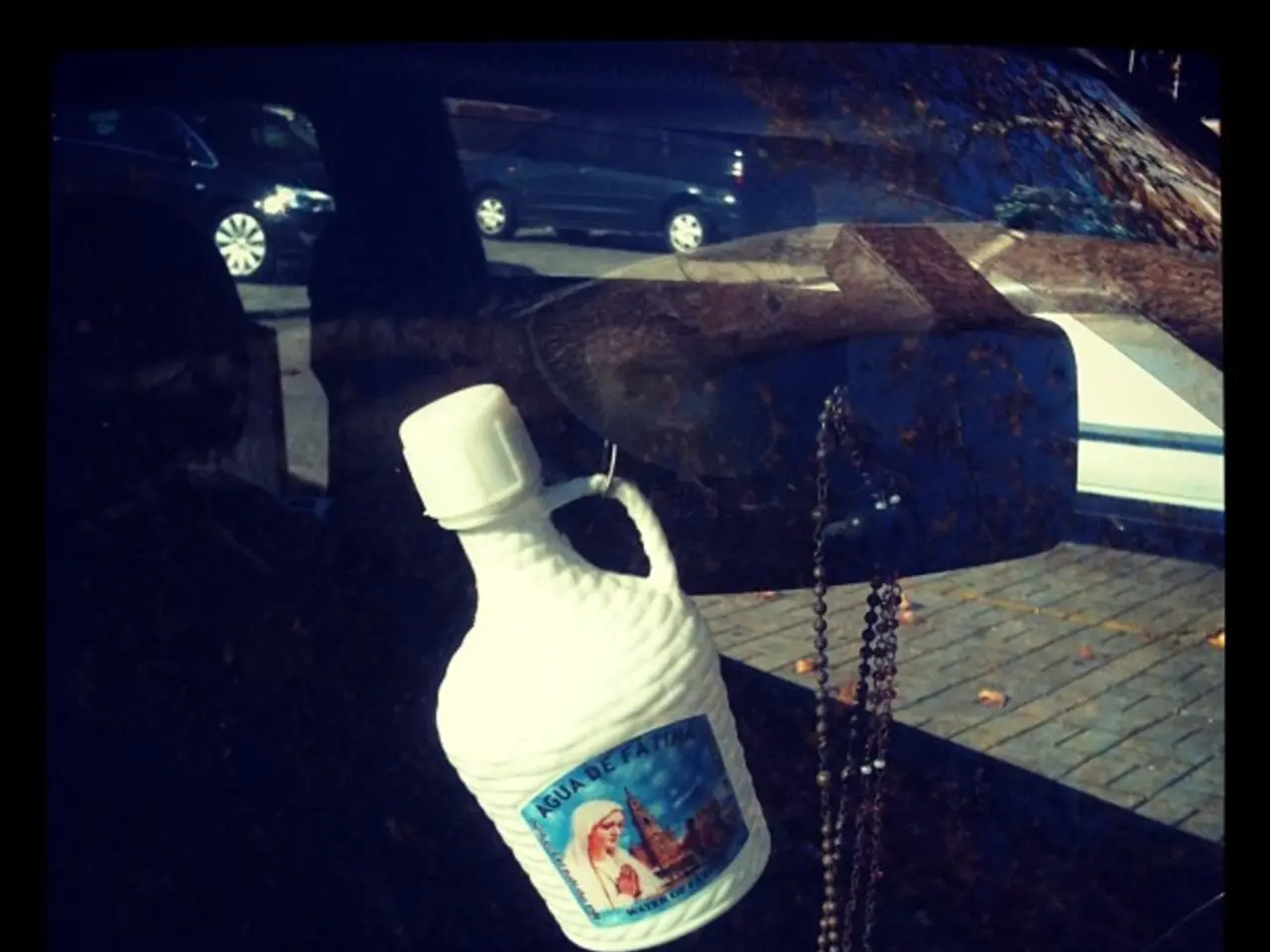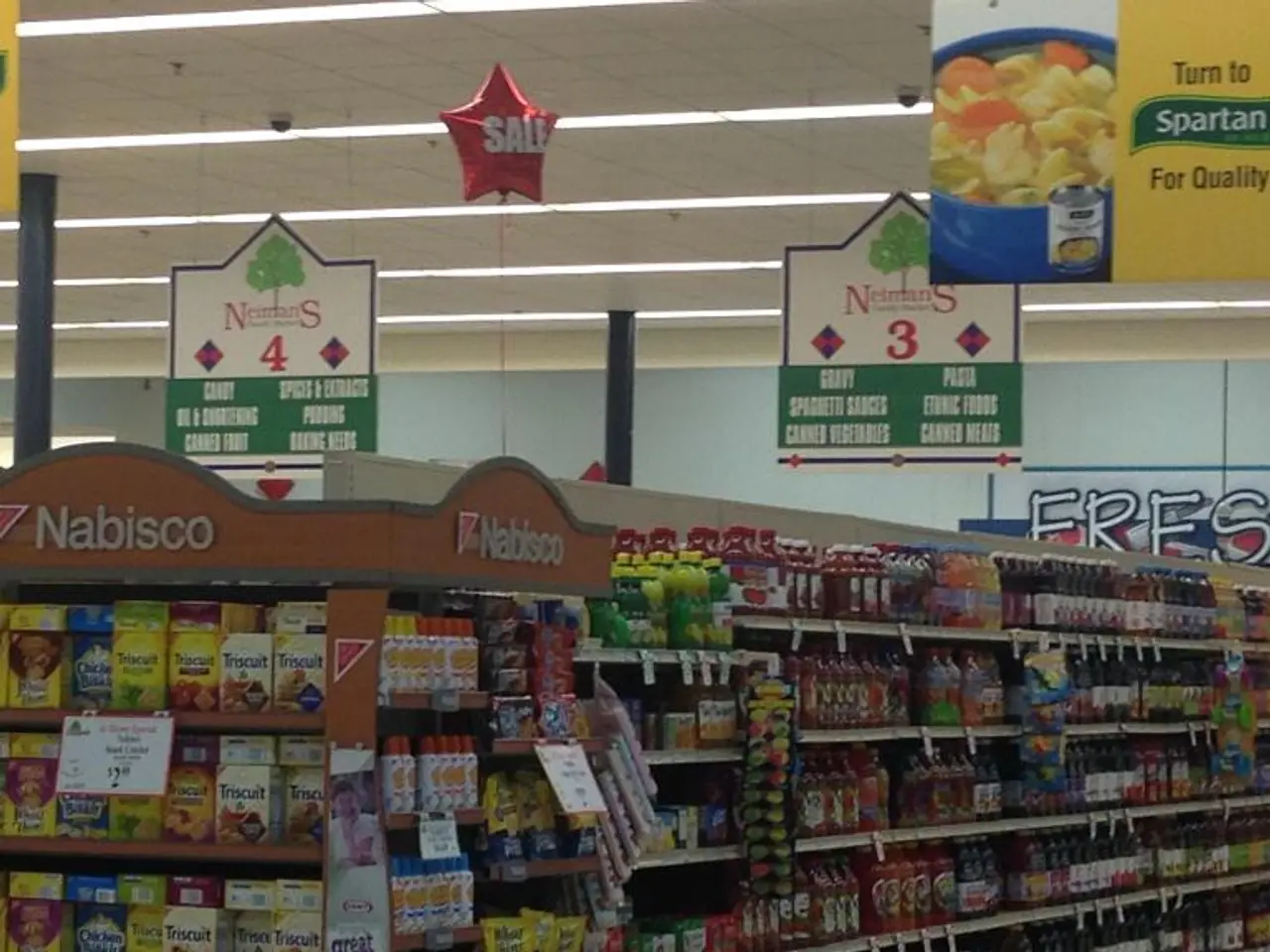Increased customs duties and reduced car demand lead to a decrease in imported vehicles, negatively impacting government revenue.
The reconditioned car market in Bangladesh has been grappling with significant hurdles over the past few years, leading to a decline in imports and sales. According to the Bangladesh Reconditioned Vehicles Importers and Dealers Association (Barvida), the sluggish economy, restrictive import policies, and sharp tax hikes have contributed to this downturn [1].
In the 2024-25 fiscal year, the revenue generated from reconditioned car imports dropped by over 6%, from Tk3,864 crore to Tk3,816 crore, compared to the previous year [2]. The number of imports also decreased slightly, with 21,337 cars imported in FY25, compared to 21,519 in the previous year [2].
The economic slowdown has caused domestic buyers to hold back on purchasing reconditioned cars, further exacerbating the situation [3]. Dealers have also cited challenges in securing bank loans, political uncertainty, and increased interest rates as additional hurdles for the reconditioned car market [3].
The rising cost of importing vehicles and the higher booking rate in Japan have made it difficult for importers to sustain their business [4]. The government's restrictions on luxury goods imports, including cars, and the increase in advance income tax (AIT) on car imports have also made vehicle imports more expensive [5].
To revitalise the sector, importers are calling on the government to ease restrictions and permit the import of reconditioned vehicles up to seven years old. They believe this could help lower costs and increase the availability of cars [6]. The reconditioned car sector is a significant part of the country's economy, with investments estimated at around Tk20,000 crore [7].
The Asian Development Bank has also noted the pressures on the reconditioned car market, suggesting that the tariff regime is overprotective and recommending rationalizing tariffs to improve economic prospects [4]. Sixty percent of these imports arrive through Mongla Port, and Chattogram Port handles the remaining 40% [8].
The government's measures to stabilize foreign currency reserves have been a major contributing factor to the challenges faced by the reconditioned car market [9]. The demand for used vehicles less than five years old in Japan has surged, driving up prices and making it difficult for Bangladeshi importers to source affordable stock [4].
As of now, no data provides specific recovery prospects for the market beyond 2025. However, the overall context indicates that the reconditioned car market will continue to face challenges linked to economic and policy factors throughout 2022-2025.
References:
- The Daily Star
- Financial Express
- Bangladesh Today
- Asian Development Bank
- Bangladesh Post
- Dhaka Tribune
- The Financial Express
- The Daily Star
- The Business Standard
- The frontier of potential solutions for the struggling reconditioned car market in Bangladesh could involve dialogue between the automotive industry, finance sector, and politics, as the sector's fate may depend on easing restrictive import policies, tax reductions, and improving access to bank loans.
- The general-news landscape has given regular coverage to the economic troubles faced by the reconditioned car market, including the sluggish demand, impacts of tariffs, and challenges posed by foreign currency reserves.
- Given the significance of the reconditioned car sector to the economy (Tk20,000 crore in investments) and its links to broader industries such as transportation and finance, ongoing challenges in the market could have ripple effects on the overall economic climate of Bangladesh.




